Andrew McCarthy reveals why he hated the term Brat Pack: ‘I felt like I lost control of the narrative of my career’
Andrew McCarthy opens up about being part of the iconic ’80s group known as the Brat Pack… and reveals he actually hated the term.
The group – featuring actors such as McCarthy, Rob Lowe, Emilio Estevez, Demi Moore, Anthony Michael Hall, Judd Nelson, Molly Ringwald and Ally Sheedy – was first called the Brat Pack in a 1985 cover story in a New York magazine.
Now, nearly four decades later, McCarthy, 60, wrote and directed the Hulu documentary Brats, which debuted June 13, and opened with People about the term.
The actors who belonged to the Brat Pack starred in St. Elmo’s Fire or The Breakfast Club, although the term – intended as a play on the Rat Pack of the 1960s – had a negative effect on their careers.
‘It did have personal consequences. Were we brats? We were certainly privileged. But there was nothing great about us,” he said.
Andrew McCarthy opens up about being part of the iconic ’80s group known as the Brat Pack… and reveals he actually hated that term
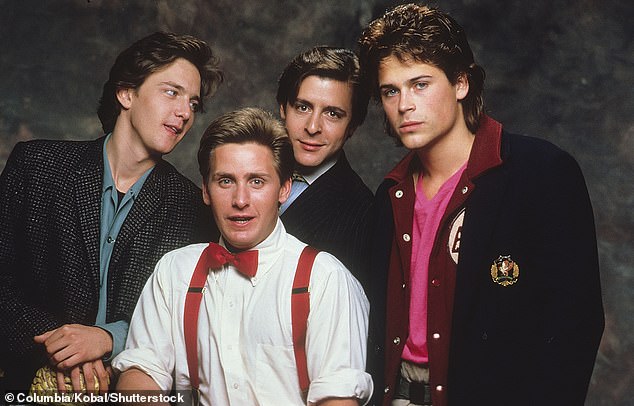
The group – featuring actors such as McCarthy, Rob Lowe, Emilio Estevez, Demi Moore, Anthony Michael Hall, Judd Nelson, Molly Ringwald and Ally Sheedy – was first called the Brat Pack in a 1985 cover story in a New York magazine.
McCarthy added, “We were in exactly the right place at the right time and represented that seismic change in pop culture. You’re easy prey when you’re exposed like that.”
The rise of the Brat Pack also led to a change in the way Hollywood approached films, which for years were considered “adult entertainment” and not aimed at youth in the way that modern-day Hollywood does.
‘Suddenly Hollywood realized that children go to the movies much more often than adults. Since then we have been inundated with films for young people, but before that films were not for young people,” says McCarthy.
‘It was The Magnificent Seven, The French Connection, The Godfather. Movies were adult entertainment,” he added
He added that when their careers were on the rise, some who were more established seemed to suffer.
‘The old guard said, “Wait a minute, who are these young punks coming along?!” McCarthy added with a laugh.
The original 1985 article was said to have focused solely on Estevez, although the actor invited writer David Blum to hang out with him, Rob Lowe and Judd Nelson at the Hard Rock Cafe in Los Angeles.
Blum decided to shift the focus of the article to this young crop of actors, coining the term Brat Pack, which has stuck to this day… which McCarthy and the rest have hated.
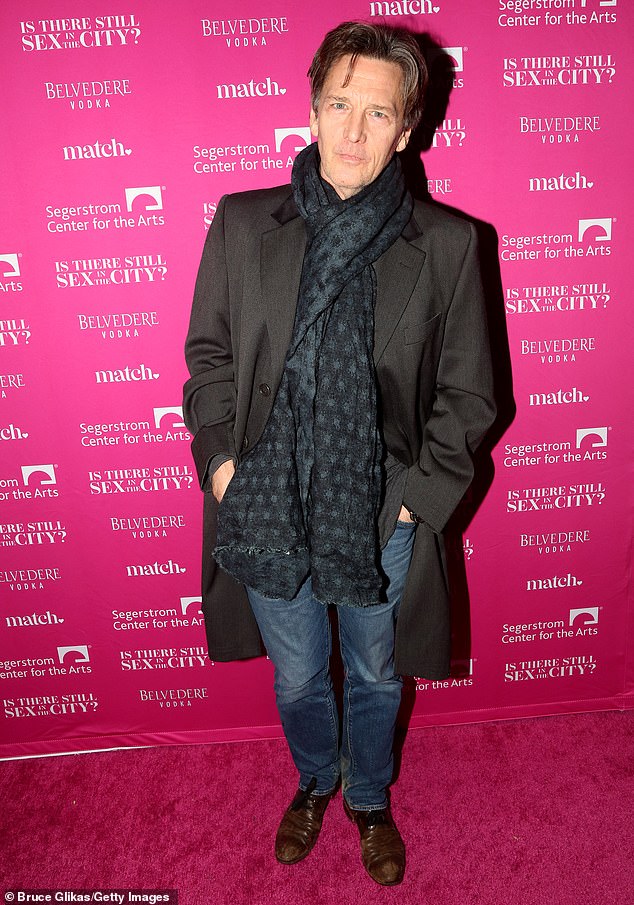
McCarthy added, “We were in exactly the right place at the right time and represented that seismic change in pop culture. You’re easy prey when you’re exposed like that.”
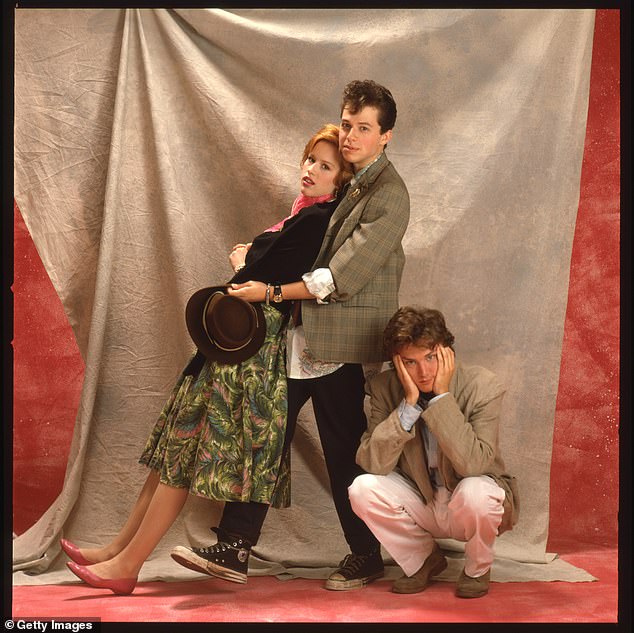
The rise of the Brat Pack also led to a change in the way Hollywood approached films, which for years had been considered “adult entertainment” and not aimed at youth in the way contemporary Hollywood does.
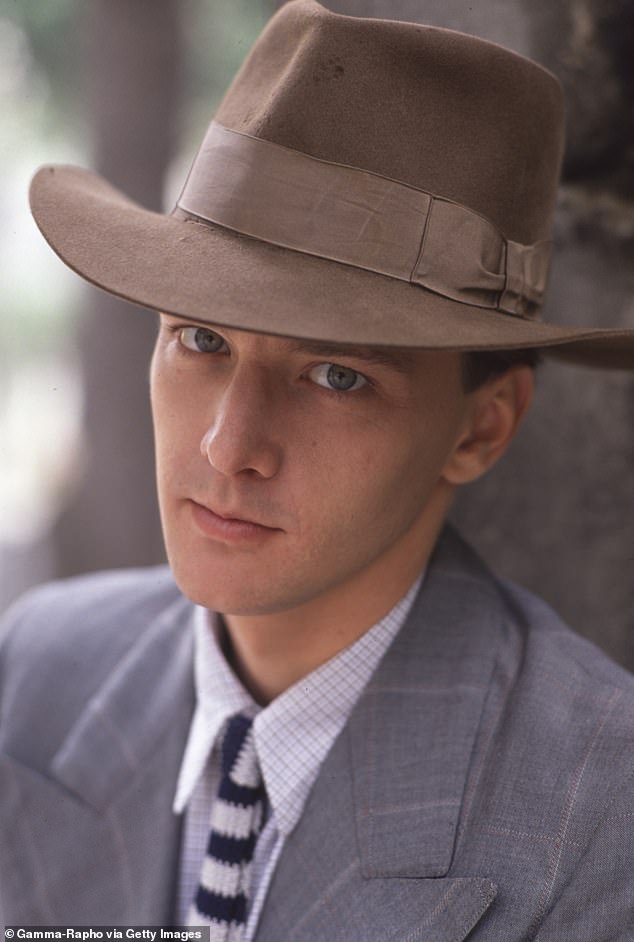
‘Suddenly Hollywood realized that children go to the movies much more often than adults. Since then we have been inundated with films for young people, but before that films were not for young people,” says McCarthy.
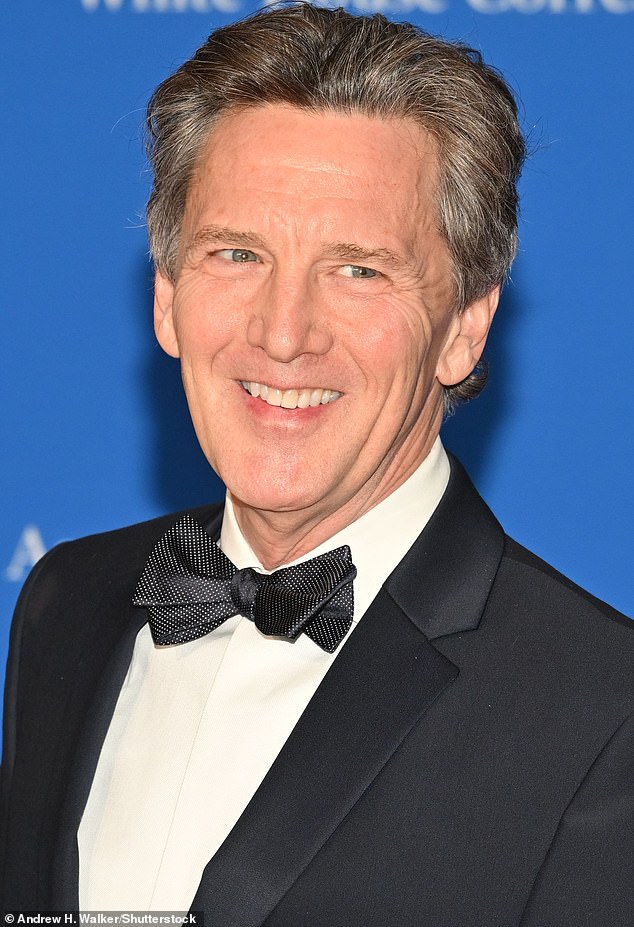
‘It was a headline in a regional magazine that was on the stand for a week. More than 35 years later, we’re still talking about it,” McCarthy said
‘It was a headline in a regional magazine that was on the stand for a week. More than 35 years later, we’re still talking about it,” McCarthy said.
He added of the term: “We just felt unseen. It felt like I was losing control of the narrative of my career. Who wants to be stigmatized, branded, and labeled?”
McCarthy said that the entire group felt the same way about being called the Brat Pack, and that this ensured that none of them would ever work together again, despite their obvious camaraderie.
‘We all scattered to the hills. We didn’t want to be associated with it. It had a long shadow over everyone’s lives to some extent,” he said.
